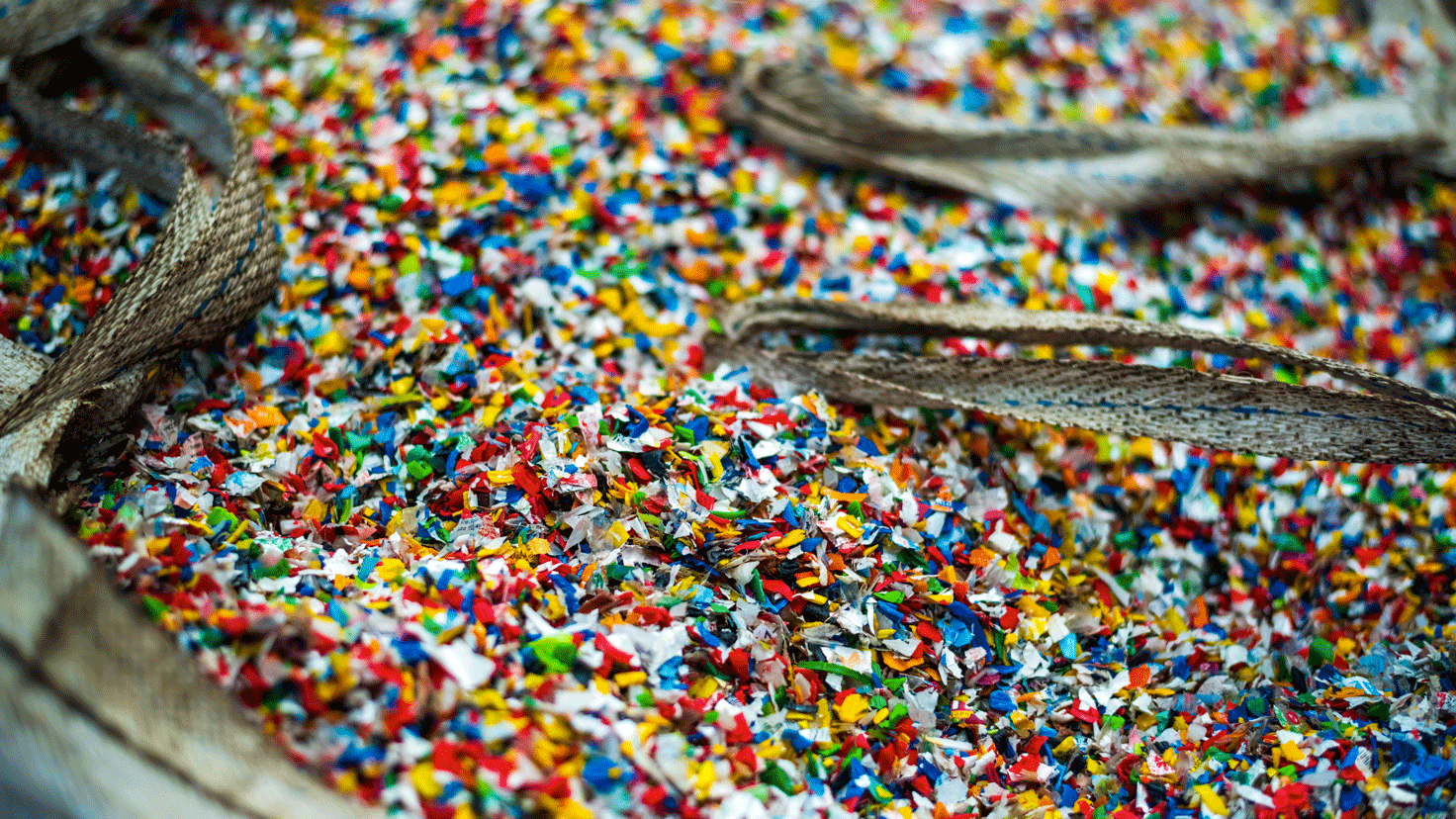The history of plastic and health
- In 1997, the American Plastics Council ran an ad in The New Yorker, calling plastic "an important part of a healthy diet."
- The ad promoted plastic juice bottles and plastic-wrapped foods as the "sixth basic food group."
Microplastics in our food
– Almost all of our food contains small plastic particles and fibers.
– Estimates of microplastic consumption range from five grams per week – the weight of a credit card – to smaller amounts.
– Extremely small fragments can penetrate human cells and pass from the intestines into the blood.
Health effects of microplastics
Microplastics can alter intestinal permeability and the gut microbiome. These changes can affect digestion, immunity, heart and brain health.
Recent studies and findings
Microplastics in food and drink
– Microplastics are present in rice, sugar, seafood, vegetables, drinking water, rain and air.
– They are also extracted from polyester clothes and carpets and even from opening a soda bottle.
– Microplastics are different in composition and added chemicals, making their study difficult.
- Finding out what type of plastic a person or animal has consumed is complex.
Effects of plastic on animals
Plastic in birds:
– The study in seabirds showed that microplastics affect the bacterial diversity in their guts.
– Birds with more plastic debris had a higher diversity of bacteria, sometimes including pathogens.
Plastic in the gut
– French researchers used fermentation chambers to simulate the large intestine and measured the impacts of microplastics.
– The findings show a decrease in beneficial bacteria and an increase in disease-related bacteria.
Plastics and human health
Studies suggest that microplastics may contribute to inflammatory bowel disease. Microplastics can increase intestinal permeability, allowing more toxic substances to enter the body.
Plastic and obesity
Microplastics can increase the digestion and absorption of fat, contributing to obesity. Many other factors, such as air pollution and ultra-processed foods, also play a role.
How to reduce exposure to microplastics
- Switching food containers and utensils from plastic to metal, glass and ceramic can help.
- It is difficult to completely avoid microplastics due to their widespread presence in the environment.






